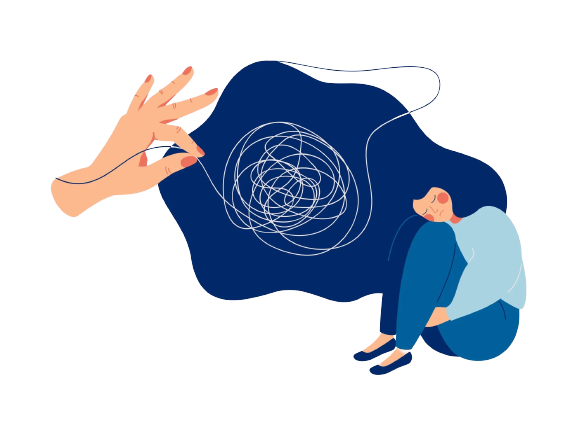
Depression and Anxiety
Depression and anxiety are more than words used casually. They are mental illnesses that can impact all aspects of your life. At Janneta K. Bohlander & Associates, we can provide you with support and skills to manage your depression and anxiety.
Understanding Depression and Anxiety
The complexities of depression and anxiety can be incredibly challenging. People experiencing both conditions may have confusing thoughts, creating overwhelming emotional responses. It’s like being caught in a storm where the waves of anxiety push you into the depths of depression, leaving you feeling hopeless and lost.
What is Depression?
Symptoms of depression are feelings of sadness that last longer than would be considered normal, combined with hopelessness and a loss of interest in activities that once brought pleasure. There are several different sub-types of depression, including:
Major Depressive Disorder: Severe and pervasive feelings of sadness and hopelessness significantly impacting daily life.
Persistent Depressive Disorder (Dysthymia): a chronic mood disorder that involves a depressed mood that lasts for most of the day, for most days, over at least two years
Bipolar Disorder: a mental illness that causes extreme mood swings or shifts in energy, thinking, behavior, and sleep. These shifts can make it difficult to function in daily life.
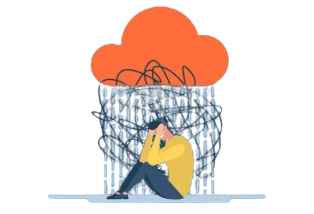
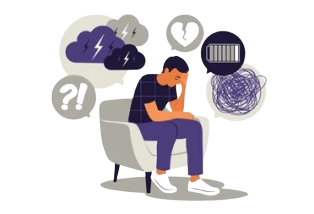
What Is Anxiety?
Symptoms of anxiety are excessive worrying, persistent fear, or abnormal feelings of impending doom associated with actual circumstances. Anxiety disorders are classified into the following:
Generalized Anxiety Disorder (GAD): A mental health condition that causes people to feel excessive and persistent worry about everyday things.
Panic Disorder: Individuals who experience these attacks feel a sudden wave of fear or discomfort or a sense of losing control even when there is no apparent danger or trigger.
Social Anxiety Disorder: This is a chronic mental health condition that causes people to experience intense fear in social situations. An individual will avoid social interactions out of fear of other people’s judgment.
The Relationship of Depression with Anxiety
Loss of interest in things you used to like doing.
Being fatigued or having low energy.
Difficulty concentrating.
Persistent feelings of sadness or emptiness.
Physical symptoms that an actual physical illness cannot explain.
Headaches or chest pain are associated with anxiety.
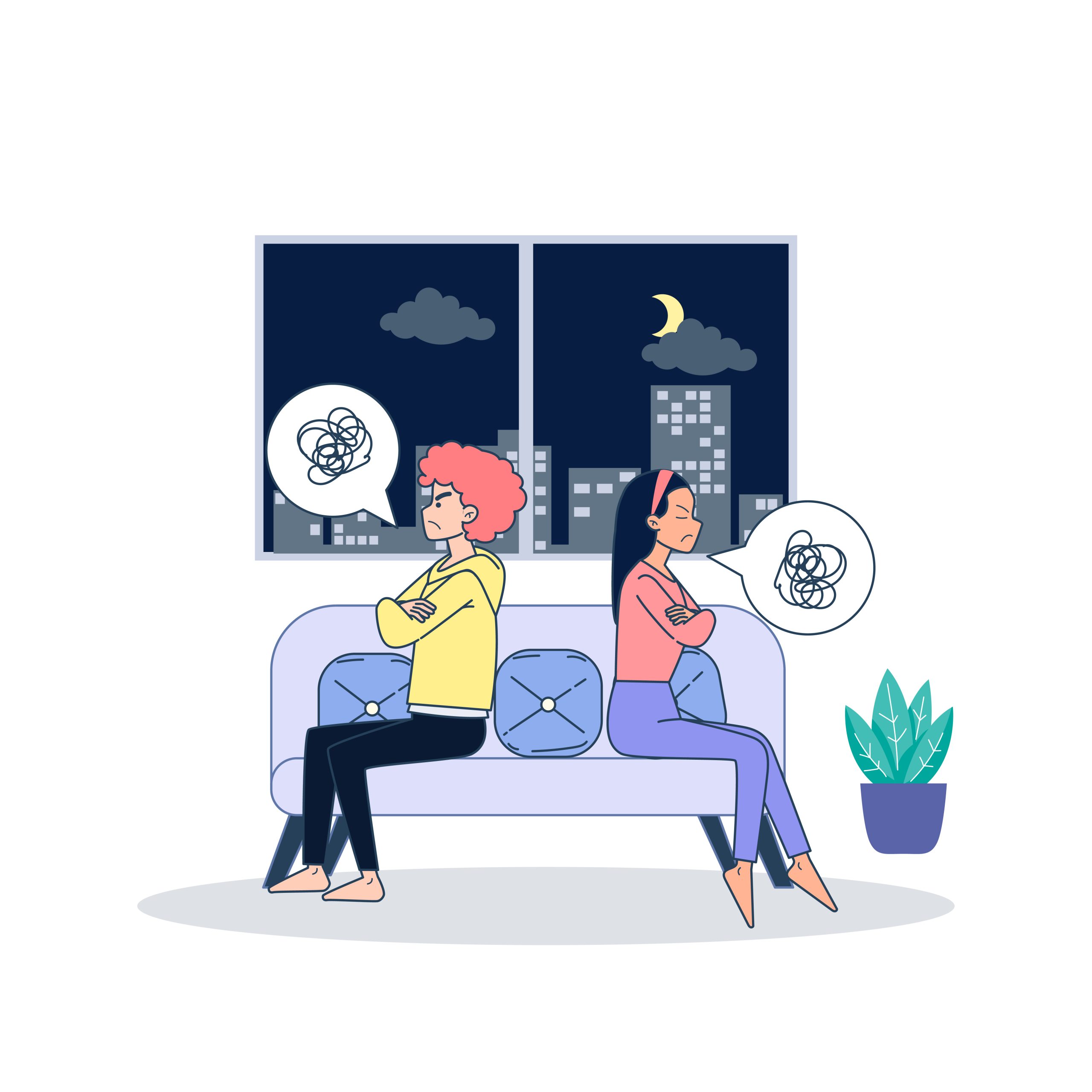

Diagnosis and Treatment
Accurate diagnosis is quite essential to identify the proper treatment. Janneta K. Bohlander & Associates use various diagnostic tools to assess an individual’s condition properly. Some of them include anxiety and depression ICD 10 codes, which help identify the specific symptoms of depression and anxiety that a client might have. So, let’s look at one example:
ICD 10 Code for Depression with Anxiety: This code classifies those suffering from both depression and anxiety simultaneously.
Depression ICD 10: This classification assists in diagnosing various forms of depression.
Anxiety ICD 10: Just like depression, anxiety too comes with specific codes to understand its manifestations.
Using such codes, we can shape our treatment approach accordingly.
Kinds of Treatments We Provide
At Janneta K. Bohlander & Associates, we offer an array of treatment options suited to your individual needs:
Individual Therapy: This is a one-on-one therapy where you can discuss your feelings with a therapist in a safe and validating environment. Our therapists are trained in the latest treatment options for depression and anxiety, and they will guide you through the best coping strategies.
Group Therapy: Sharing experiences with other people with similar challenges helps you feel understood and builds a sense of community. Group therapy provides support and helpful insight and strategies.
CBT: CBT is a well-researched treatment for depression and anxiety. This type of therapy will help you change patterns of thought, which will help you feel better and change your responses to those areas that upset you, leading to emotional well-being.
Mindfulness and Relaxation Techniques: We will instruct you in mindfulness practices and relaxation techniques that help you cope with anxiety symptoms. The methods help one stay grounded and present.

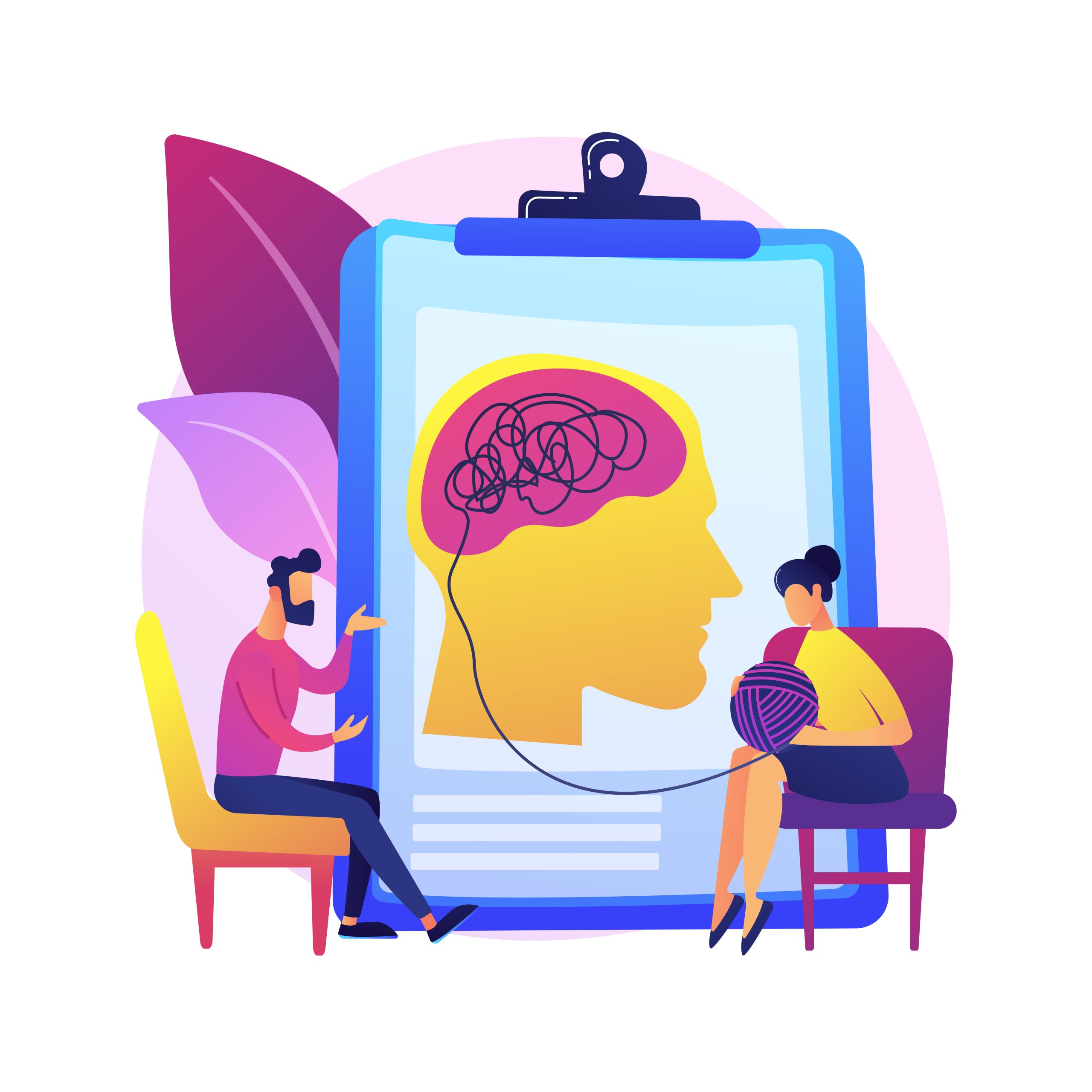
Specific Evaluations
We will often suggest that individuals with complex symptoms meet with other professionals. For example, we might refer you to a neuropsychologist if we believe there might be learning disabilities, memory, or processing issues.
Genetic Factors and Mental Illness
Many people ask the question, “Is anxiety genetic?” Research indicates that genetics play a part in developing anxiety disorders. When you have family members who have a history of anxiety or depression, there is an increased chance of you also having these disorders. However, it is also true that it positively impacts emotional health, including the environment, life experience, and personal coping strategies.
Controlling Anxiety and Depression
Depression and anxiety can be a lot to handle, but you don’t have to do it alone. Here are some strategies that may help manage it.
Stay Active. Regular physical activity can easily boost mood and help reduce symptoms of anxiety.
Establish Routine: A daily routine can provide structure and stability to help you feel less anxious.
Connect with Others: Building a support group of your friends, family, or others in support groups can give you encouragement and understanding for treatment.
Practice Self-Care: You can positively impact your mental health through activities that promote relaxation and well-being.
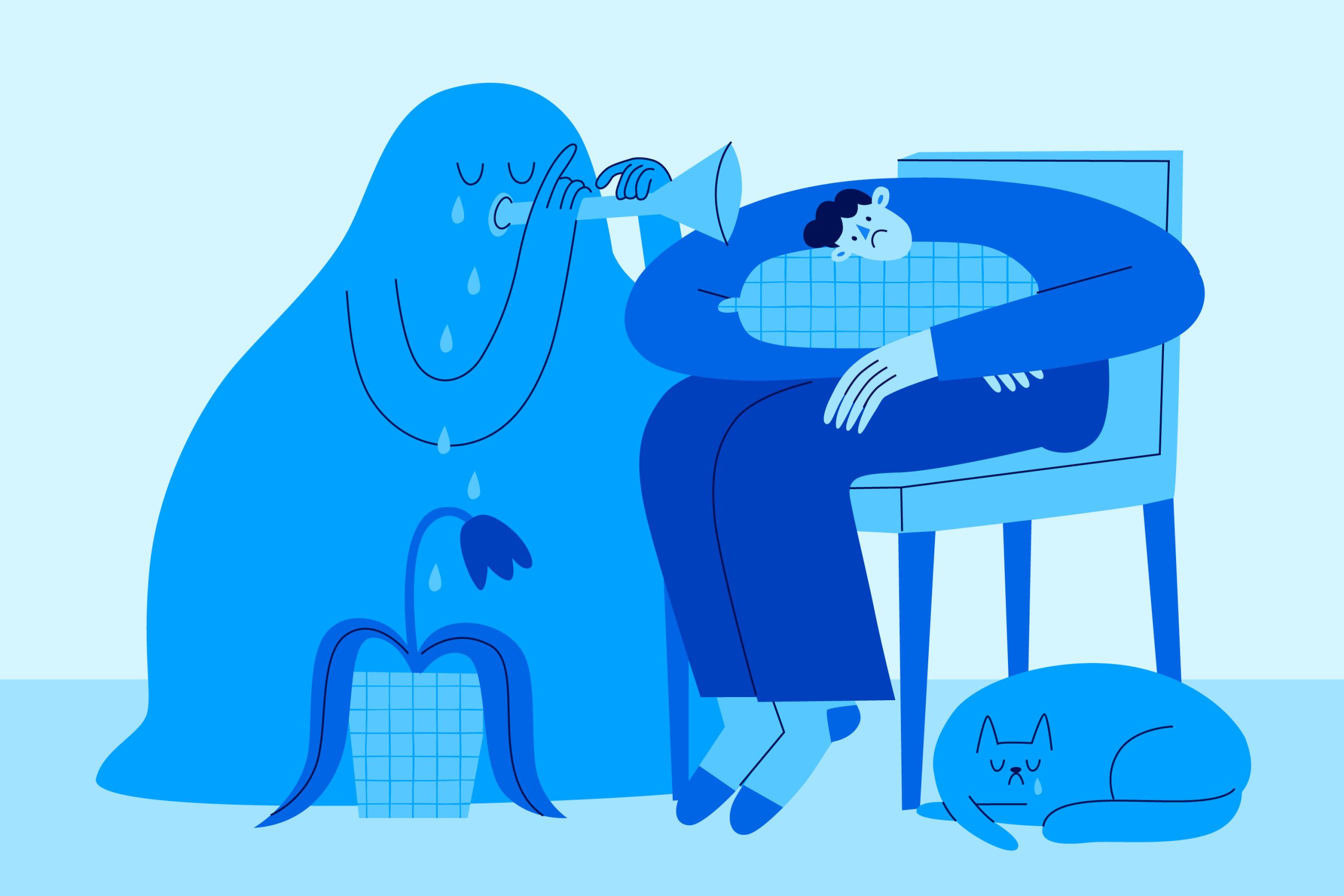

Seeking Professional Help
It is a courageous step to ask for help. At Janneta K. Bohlander & Associates, we can help you find the best treatment approach for your anxiety and depression. We can customize our treatment plan to meet the requirements that are unique to you.
Why Choose Us?
Compassionate care: We provide a validating and supportive environment where you will feel comfortable discussing the challenges you want to change.
Expert Therapists: Our therapists are aware of the latest therapeutic modalities and are well-versed in the complexities of anxiety and depression.
Holistic Approach: We believe in a more holistic approach- treating the whole person emotionally, physically, and psychologically.
First Step Toward Healing
Depression and anxiety do not have to control your life anymore. Call today to schedule an appointment with Janneta. Let’s create a treatment plan that empowers you to take back your life and well-being.
Contact us now
Depression:
If someone you know is dealing with depression, it’s important to provide emotional support, encourage them to seek professional help, be patient, and help them with daily tasks. It’s also crucial to take care of your own mental health during this time.
Dealing with depression often involves a combination of therapy, medication, lifestyle changes, and social support. Cognitive Behavioral Therapy (CBT), Interpersonal Therapy (IPT), and Mindfulness-Based Cognitive Therapy (MBCT) are common forms of therapy used Antidepressants may be prescribed by a healthcare provider. Regular exercise, a healthy diet, adequate sleep, and reducing alcohol intake can also help manage symptoms.
Depression can feel different for everyone. Common feelings include persistent sadness, emptiness, or hopelessness, loss of interest in activities once enjoyed, fatigue, difficulty concentrating or making decisions, and sometimes thoughts of death or suicide. It can also cause physical symptoms like changes in appetite or sleep habits.
Overcoming depression often requires professional help, including psychotherapy and possibly medication. Lifestyle changes like regular physical activity, a healthy diet, sufficient sleep, reducing alcohol intake, and staying connected with others can also be helpful. It’s important to reach out to healthcare providers for a proper diagnosis and treatment plan.

